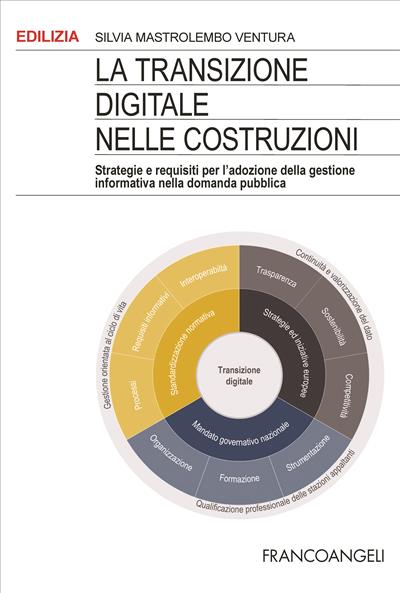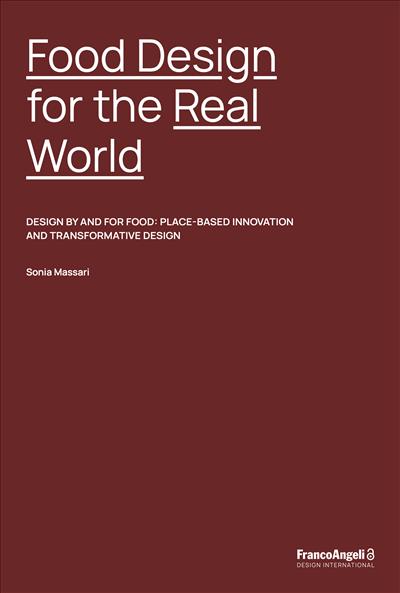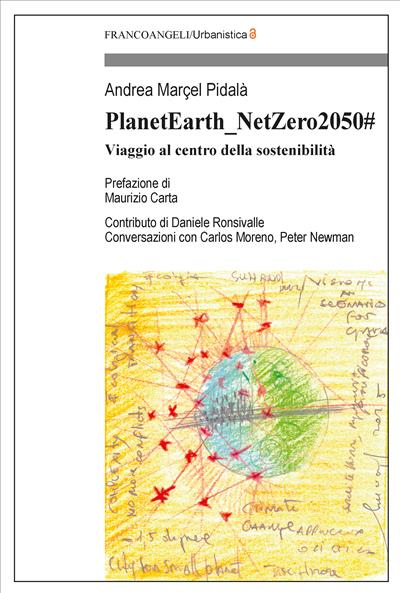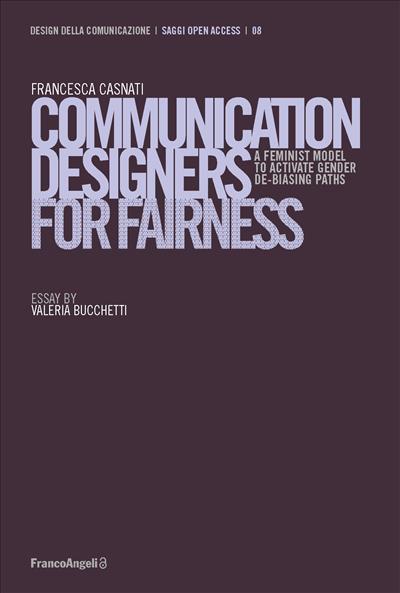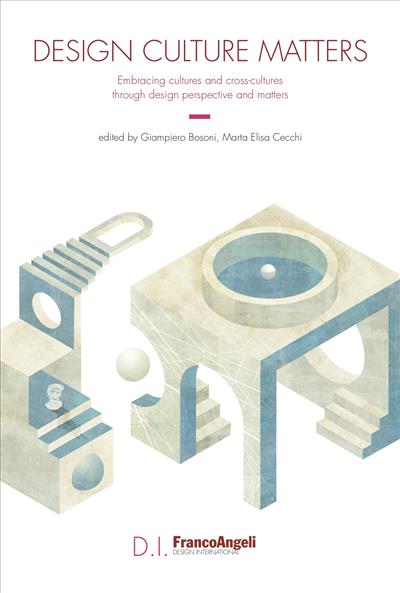
A cura di: Giampiero Bosoni, Marta Elisa Cecchi
Design Culture Matters
Embracing cultures and cross-cultures through design perspective and matters
The volume investigates a wide sphere of issues referring to an extended concept of “matter” – the word matter intended not only as materials as such but also of content and relationships – through design actions, approaches, processes, tools and methodologies employed in different areas and with different objectives, yet united by the desire to intercept the current shift, sometimes reinventing and sometimes evolving programmatically over time to embrace the changed framework.
Pagine: 108
ISBN: 9788835154853
Edizione:1a edizione 2023
Codice editore: 10319.21
Informazioni sugli open access
